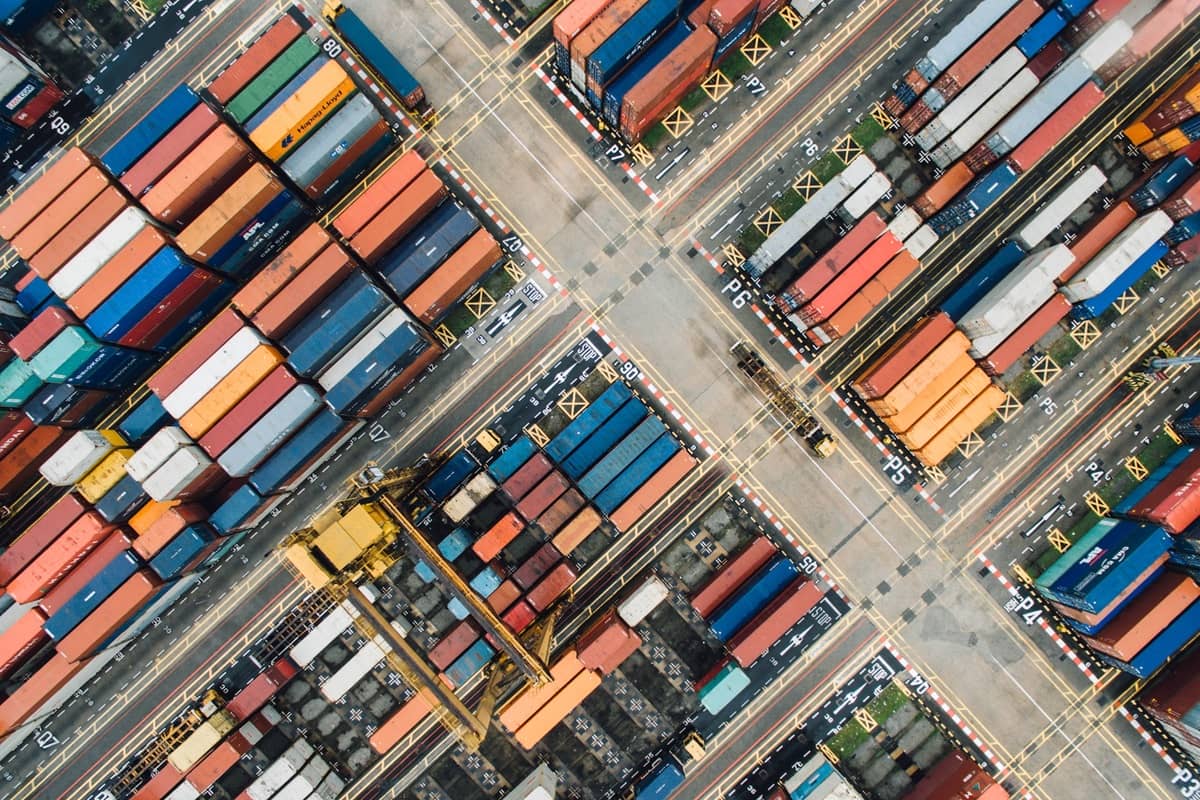China’s exports in 2023 showed a negative dynamic of the decline.

The external supply of products from the mentioned Asian country decreased by 4.6% last year compared to the result of 2022. This is the first negative dynamic of this indicator since 2016 when Chinese exports fell by 7.7%. The monetary volume of supplies from China last year amounted to $3.38 trillion.
At the same time, in December, shipments from the Asian country showed an increase of 2.3% year-on-year. This result exceeded the expectations of experts who predicted that exports would grow by 1.7% last month.
In December, China’s imports increased by 0.2% compared to the figure for the same period in 2022. Analysts expected that the growth in this indicator would be recorded at the level of 0.3%.
China’s imports in 2023 decreased by 5.5% year-on-year, amounting to $2.56 trillion. The previous decrease in this indicator was recorded in 2020 against the background of the coronavirus pandemic.
Lyu Daliang, a spokesman for the General Administration of Customs, said at a press conference in Beijing on Friday, January 12, that the global economic recovery in 2023 turned out to be weak. In his opinion, China will continue to face difficulties in export markets in the current year, as global demand is likely to be moderate. He also noted that protectionism and unilateralism are obstacles to economic growth. It can be assumed that in this case, Lyu Daliang, among other things, implied the decision of the United States to restrict the export of advanced chips to China.
Beijing’s trade with major partners in the international economic space slowed down last year. The decrease in the intensity of this activity is due to a drop in global demand for goods manufactured by Chinese factories. Consumer activity has changed in a negative sense due to the slowdown in global economic growth.
The Association of Southeast Asian Nations was China’s largest trading partner on a regional basis last year.
The Caixin report on the December Manufacturing Purchasing Managers’ Index notes that manufacturers from the Asian country expect that production will increase in the current year against the background of strengthening global demand, increasing customer spending, and investing in new products. This index showed a slight increase last month compared to the result for November. At the same time, the level of optimism decreased in December.
The mentioned report also notes the negative dynamic of the employment sub-index in China. The companies decided not to replace employees who voluntarily quit and at the same time refused to reduce the number of staff.
Macquarie’s chief economist for China, Larry Hu, said that the baseline forecast scenario for 2024 foresees a 2% increase in Chinese exports. The expert noted that a potential slowdown in external supplies would stimulate the activities of the local government to support domestic policy.
The recovery of China’s economic system after the coronavirus pandemic turned out to be slower than initial expectations regarding the pace of this process. So far, there is no official information on the growth of the Asian country’s economy in 2023. Analysts suggest that this figure has increased by about 5% over the past year. The National Bureau of Statistics intends to publish official GDP data next week.
Zhiwei Zhang, president and chief economist at Pinpoint Asset Management, says weak domestic demand is encouraging competitive Chinese companies to expand in the global market. According to the expert, these efforts are curbing inflation at the global level.
Zhiwei Zhang says that exports as the base of economic growth in China are not strong enough to stimulate overall domestic demand. According to him, in this case, the expansion of fiscal policy is crucial.
Analysts at Capital Economics say that weak global economic growth and continued excessive investment in China mean that the risk of deflation will be relevant to this country’s economic system for some time. Julian Evan-Pritchard, an employee of the specified firm, believes that without lower prices, exporters from the Asian country will find it difficult to compensate for the drop in global demand for their goods after the coronavirus pandemic.
As we have reported earlier, China’s Factory Activity Picks Up.









